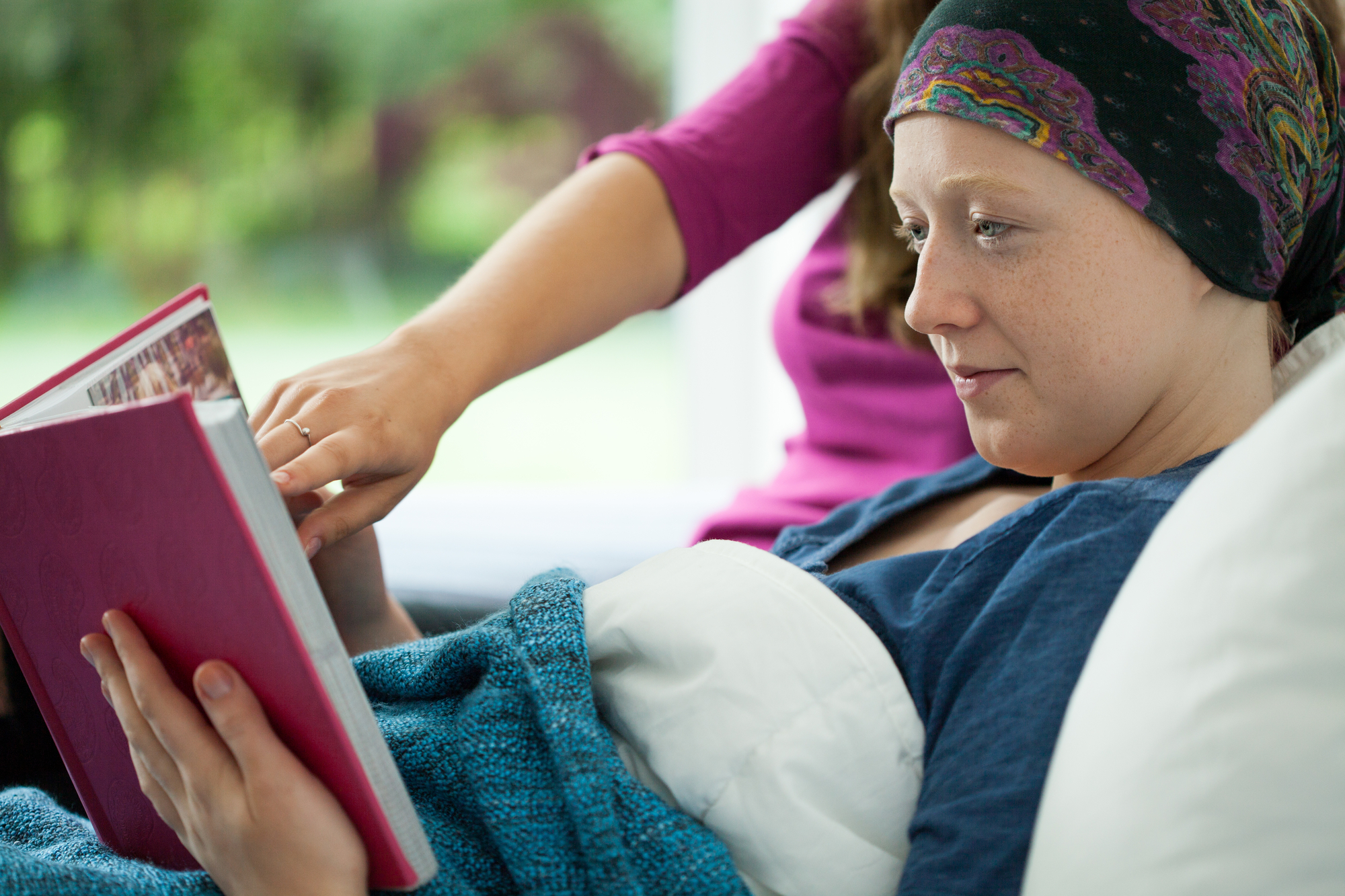Courtesy Roswell Park Cancer Talk Blog
Although we do not usually associate the occurrence of cancer with young adults, it is the number one cause of disease-related death among people ages 15-39. In fact, young adults get rare and aggressive forms of cancer, but when symptoms arise, they are often disregarded as common ailments, resulting in misdiagnosis during the early stages of cancer, when it is most treatable. This also contributes to lagging cancer survival rates in this age group compared to younger children and older adults. Many factors contribute to this delay:
- Most young adults are fairly healthy and don’t see a doctor unless it’s urgent. This is especially true in young men.
- Young adults often think “It won’t happen to me.”
- Young adults are in a time of transition and new independence, and seeing a general practitioner is usually not high on their priority list.
- Young adults without health insurance often delay doctor appointments.
- Teens and young adults don’t realize that fatigue can be an early sign of cancer.
- People believe cancer is a disease of older people.
Recognizing common warning signs of cancer is important. While they may seem harmless, three or more symptoms should prompt a visit to the doctor.
- An unusual lump or swelling in the neck, breast, belly, testicle, or elsewhere
- Unexplained tiredness and loss of energy
- Easy bruising
- Abnormal bleeding
- Ongoing pain in one part of the body
- Unexplained fever or illness that doesn’t go away
- Frequent headaches, often with vomiting
- Sudden eye or vision changes
- Loss of appetite or unplanned weight loss
- A new mole or other spot on the skin, or one that changes in size, shape, or color
Cancers seen in young adults are not unique to this age group and may behave differently than in children or older adults. They include breast cancer, lymphomas (non-Hodgkin and Hodgkin) melanoma, sarcomas (cancers of connective tissues like muscles and bones), thyroid, testicular, and colorectal cancers, brain and spinal cord tumors, and leukemia. While screening tests are limited in those who are not high risk, steps can be taken to improve the chances of early detection:
- Pap tests for cervical cancer should start at age 21.
- Women should be aware of how their breasts normally look and feel, perform self-exams, and have breast exams during routine physicals starting at age 20.
- Routine physical exams beginning age 20 for cancer of the thyroid, testicles, ovaries, lymph nodes, mouth, throat, and skin. Men should perform regular testicular self-exams. Both men and women should perform regular skin exams.
- A family history of cancer presents a higher risk for melanoma, breast, ovarian, colorectal, thyroid, and other cancers requiring earlier screening.
While cancer remains rare in young adults, it is important to become educated on the importance of early detection and diagnosis and to reach out to your doctor if you notice anything unusual. It can save your life. Learn more about young adult cancer at www.roswellpark.org/youngadult. To make an appointment call 1-800-767-9355.











